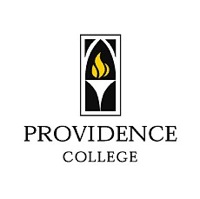Below is a summary of the abstract you submitted. Presenting author(s) is shown in bold.
If any changes need to be made, you can modify the abstract or change the authors.
You can also download a .docx version of this abstract.
If there are any problems, please email Dan at dar78@pitt.edu and he'll take care of them!
This abstract was last modified on March 16, 2021 at 1 p.m..

Within the genetically similar grouping of subcluster K2 mycobacteriophages, the mycobacteriophage Mufasa has demonstrated an anomalous hyperinfection of other K2 subcluster Mycobacterium smegmatis mc² 155 lysogens. Additionally, attempts to use bacteriophage recombineering with electroporated DNA (BRED) to create immunity repressor knockouts of Mufasa have been unsuccessful, with mutants detected, but not viable to purification. A hypothesized source of these irregularities is thought to come from Mufasa’s Lysin A protein, which belongs to a different phamily than most other K2 subcluster phages, excluding TM4 and BoostSeason. Lysin A proteins function as endolysins, an essential component of mycobacteriophage lysis machinery necessary for the degradation of the peptidoglycan cell wall of mycobacteria and release of progeny phage. With its critical role in the bacteriophage life cycle, the Lysin A protein offers a logical starting point to explain varying phenotypes of phage infection among genetically similar K cluster phages. In this project, Mufasa and ZoeJ Lysin A proteins will be cloned into an expression vector to be purified, the structures of each Lysin A will be determined by X-Ray crystallography for comparison, and purified Lysin A protein samples will be assayed for potential antibiotic activity against M. smegmatis.
